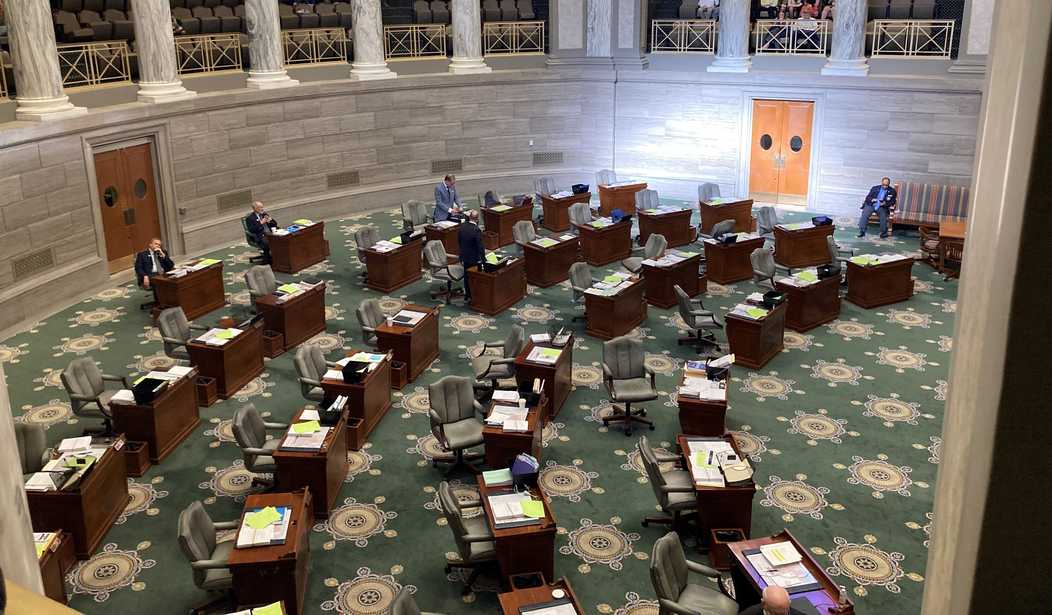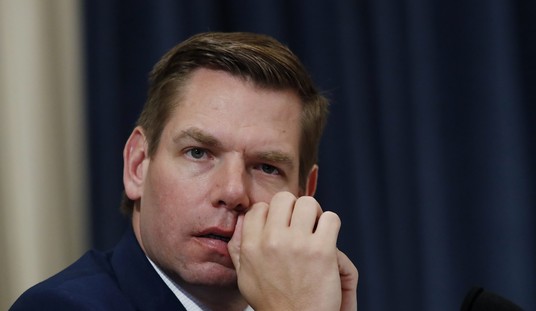(The opinions expressed in guest op-eds are those of the writer and do not necessarily represent the views of RedState.com.)
Patrick Ishmael
Legislative gridlock is the friend of supporters of small government, to a point. Insurmountable disagreements between legislators can slow and stop bills that expand government power or raise taxes. Gridlock can force compromise where necessary, and the added reflection from legislative delays can improve legislation.
But sometimes gridlock is an excuse to do nothing, and unfortunately, Missouri’s elected legislators did very little in the five months of the legislative session that ended this month. In fairness to the Missouri House, it was the Missouri Senate where good ideas usually went to die, tucked behind a cavalcade of personal grudges and policy disagreements that made the conjured conflict on The Kardashians look like amateur hour. I’ve watched the state House and Senate closely for over a decade, and I have never seen the Senate more dysfunctional and embarrassing than it was this year.
The practical effect of that dysfunction was that important reform ideas touted by representatives and senators were suffocated and killed when the music stopped in May. Promised was a Missouri Parents’ Bill of Rights that would have offered protections for parents and taxpayers and ensured that what was being taught to kids was a matter of public record, not hidden from them by school administrators. Initiative petition reforms that would have raised the bar for tinkering with the state’s constitution floundered in the Senate.
The list of failures didn’t stop there. Dramatic reforms of the tax-credit system, immediate spending transparency in local government, making good (but temporary) health care orders established in response to the coronavirus pandemic into permanent laws, expanding the state’s nation-leading occupational licensing reforms . . . these are just a handful of the changes that should have been passed in February rather than lost in May.
Of what did get done, much had to do with spending—spending on everything. Supercharged with federal recovery funds, the state passed a record-smashing $45 billion budget that did some good things (like sending rebates to taxpayers and adjusting the way charter schools are funded) but did very little in the realm of sustainable “reform.” The passage of a reasonable voter identification law is a notable exception where there was legislative reform as an actual accomplishment.
There were also things left undone that should remain undone. For believers in limited government, that tax credits for movies failed, that the Sunshine Law wasn’t weakened, that taxes weren’t raised again by the legislature—these are good things that Missourians should be thankful for and vigilant about in the future.
But state legislators shouldn’t defend their inaction on a host of promises with some version of “imagine the alternative where we did bad things.” For the better part of ten years, both the state House and Senate have had supermajorities from one party, and for much of that time, they’ve also shared office with a governor from their same party. Florida—a purple state in the very recent past—has sprinted to reforms in education, in transparency, in defeating cronyism, and instituting pro-growth tax policies. In contrast, Missouri has wasted time, with the Missouri Senate inexcusably excusing themselves from their work earlier and earlier.
Again, legislative gridlock can have its benefits. To the extent gridlock keeps government largely out of the market and out of your wallet, it’s probably a good thing. But allowing for gridlock the way the state Senate has is not a testament to “limited government,” but indicative of a failure to actually govern. “Limited government” doesn’t mean “not governing.” In fact, legislators have been elected to office to exercise the public’s will within the limited scope of what government should be allowed to do. That’s what limited government is, and it’s an important distinction that legislators in both chambers should learn sooner rather than later.
The Missouri Senate is an institution steeped in tradition, but one of the newest traditions it’s developed is one of institutional failure. You can’t bungle a half-decade of lawmaking and blame it on senatorial gridlock that somehow can’t be helped. As Yoda says, “Do or do not, there is no try,” but to the detriment of Missouri taxpayers, it’s not clear whether the legislature generally, and the senate specifically, are even trying anymore. Legislators must do better.
Patrick Ishmael is Director of Government Accountability at the Show-Me Institute













Join the conversation as a VIP Member